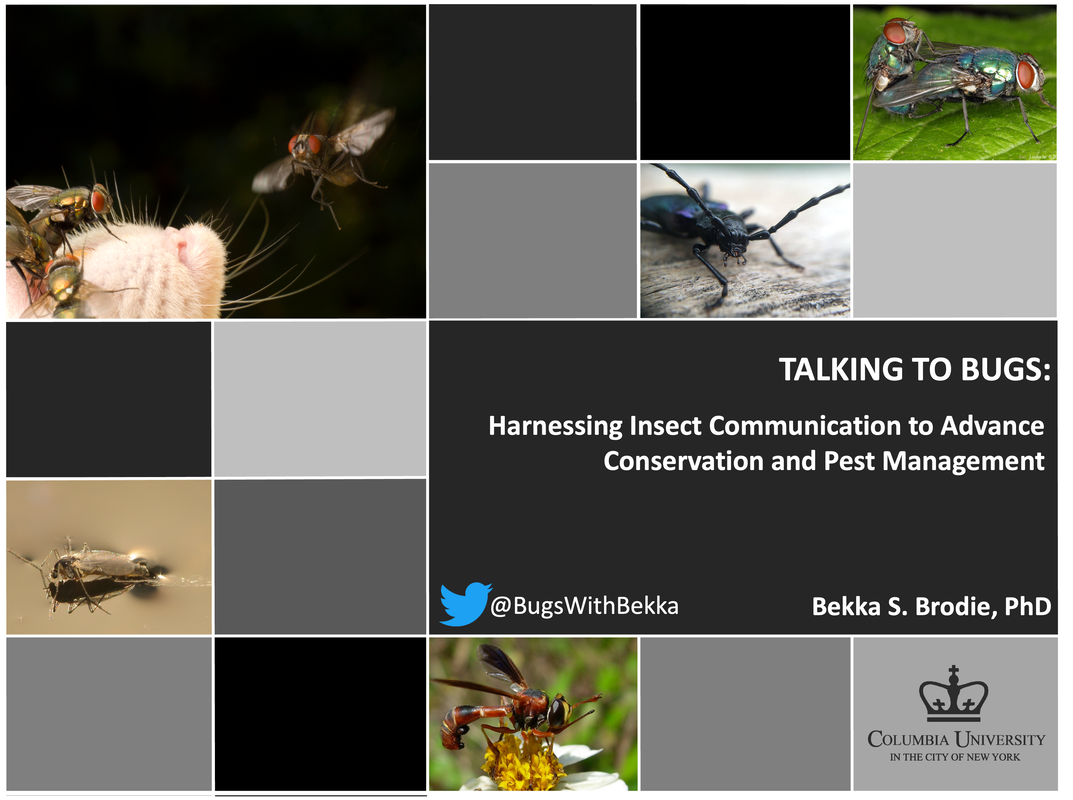Please see below for our 2024 lineup!
All Evening Lectures will take place in Person on grounds at Connecticut's Beardsley Zoo Hanson Building and virtually on Zoom unless otherwise noted.
All Evening Lectures will take place in Person on grounds at Connecticut's Beardsley Zoo Hanson Building and virtually on Zoom unless otherwise noted.








